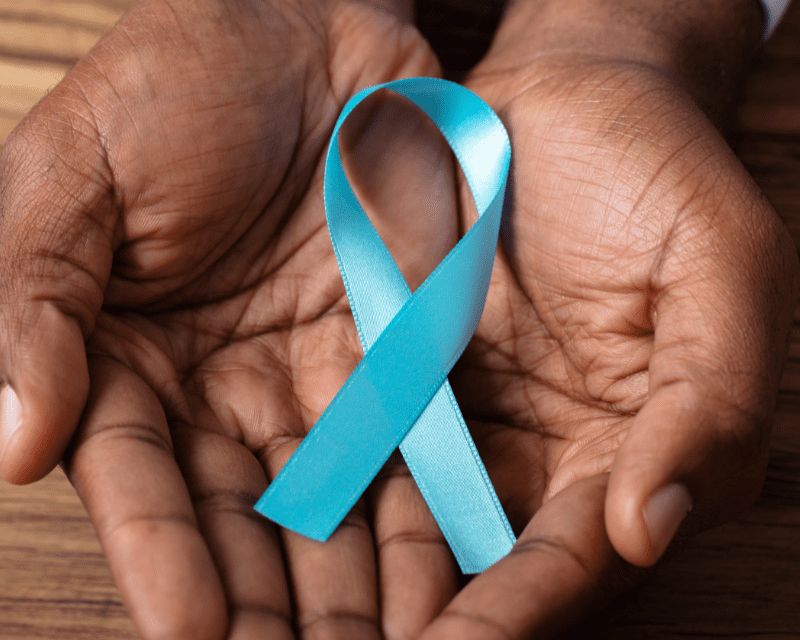
Sexual Assault Awareness Month: How Does Human Trafficking Fit In?
Many survivors of human trafficking are also survivors of sexual abuse.
During April’s Sexual Assault Awareness Month, we are exploring the intersection of sexual abuse and human trafficking.
Human trafficking is defined as the use of force, fraud, or coercion to compel a person into commercial sex acts or labor against their will. Sexual abuse can be a method of control that traffickers use – in both sex and labor trafficking situations. We looked at contacts to the U.S. National Human Trafficking Hotline from 2015 through 2021 and examined the number of victims who experienced sexual abuse as a method of control during their trafficking situation. In situations where force, fraud, or coercion was known, we found that:
- 20% of all the victims who experienced combined sex & labor trafficking experienced sexual abuse as a method of control.
- 12% of all sex trafficking victims experienced sexual abuse as a method of control.
Sexual abuse is also a factor that can make people more vulnerable to human trafficking. Someone who has past experiences of sexual abuse, violence, or trauma could be lured in and taken advantage of by a trafficker who is exploiting their need for something like protection or love. Of the contacts made to the Trafficking Hotline from 2015 to 2021 where a risk factor or vulnerability was known, we found that:
- 6% of all the victims who experienced combined sex & labor trafficking experienced sexual abuse prior to their trafficking situation.
- 10% of all sex trafficking victims experienced sexual abuse prior to their trafficking experience.
There is also a correlation between child sexual abuse and human trafficking. Polaris recently conducted and published the National Survivor Study, a research project designed to shed light on the experiences of human trafficking survivors in the U.S. When researching the conditions that make people vulnerable to trafficking the study found that 84 percent of participants experienced sexual abuse at some point in their childhood.
Sexual abuse and human trafficking are not isolated issues. The correlation between sexual abuse and human trafficking is disturbing and alarming, but not surprising. Sexual abuse can be a vulnerability that traffickers exploit and a way for traffickers to assert control over victims. Human trafficking cannot be left out of Sexual Assault Awareness Month, and sexual assault cannot be excluded from the conversation about human trafficking.
Resources
National Human Trafficking Hotline: Call 1-888-373-7888 or text 233733
National Sexual Assault Hotline: Call 800-656-HOPE (4673)
Resources for survivors of sexual assault (National Sexual Violence Resource Center)
